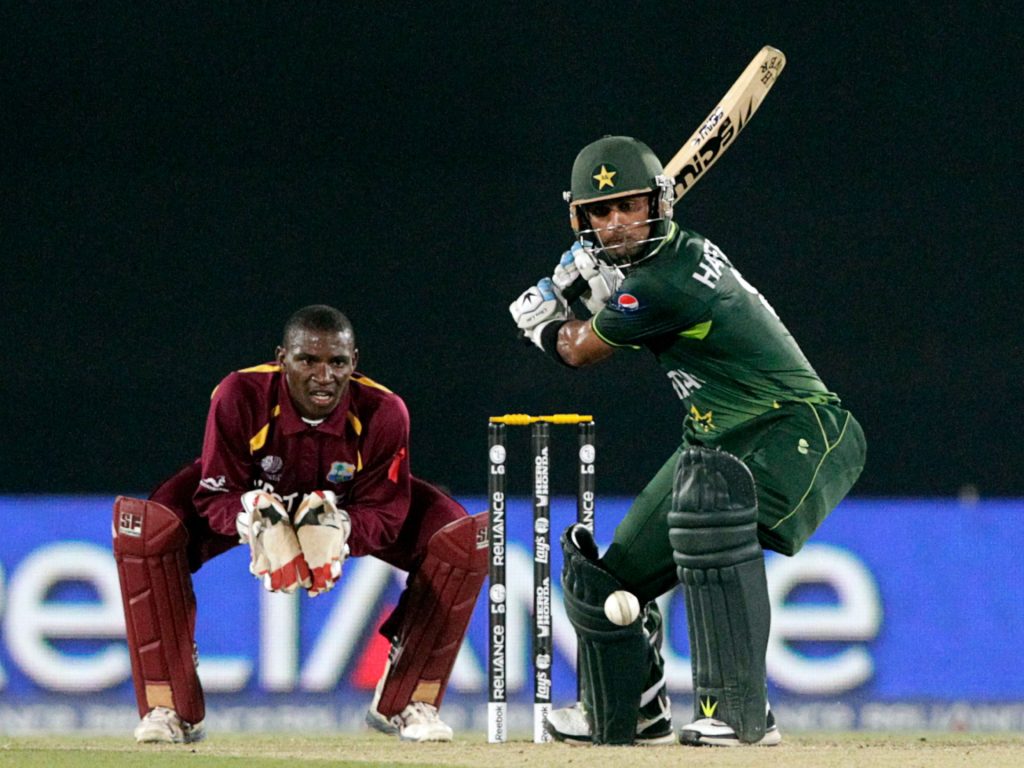West Indies batter Devon Thomas has been banned by the International Cricket Council for five years, with 18 months suspended, for his involvement in match-fixing. He admitted to seven charges related to match-fixing in franchise-based leagues in Sri Lanka, the United Arab Emirates, and the West Indies. The 34-year-old last played for the West Indies in August 2022 and will be eligible to play again in November 2026, with the ban being backdated to May 23 last year when he was provisionally suspended.
Thomas admitted to agreeing to fix matches in the Lanka Premier League, believing it was necessary for his selection. He also accepted money from someone who approached him for match-fixing in the Caribbean Premier League, although he denied actually following through with the illicit activity. Despite being approached to fix matches in Abu Dhabi T10, Thomas refused but failed to report the incident to the designated anti-corruption official, leading to his ban by the ICC.
Alex Marshall, general manager of the ICC’s Integrity Unit, emphasized the importance of the ban in sending a clear message to players and corrupters that any attempts to corrupt the sport will be dealt with firmly. Thomas is now required to provide witness statements and testimony in an ongoing investigation and must avoid committing any further offenses in order to avoid serving the suspended 18 months of his ban, as outlined by the ACU.
The case involving Thomas highlights the ongoing issue of match-fixing and corruption in cricket and the efforts made by the ICC to combat such activities. By imposing a significant ban on Thomas, the ICC aims to deter players and others from engaging in any form of corruption. The cooperation of players like Thomas in providing information and testimony to anti-corruption units is crucial in maintaining the integrity of the sport and ensuring that any instances of corruption are thoroughly investigated and addressed.
The ban on Thomas serves as a reminder to all players about the importance of upholding the principles of fairness and honesty in cricket. Match-fixing not only undermines the integrity of the game but also tarnishes the reputation of players and teams involved. By holding individuals accountable for their actions and imposing strict penalties, the ICC strives to protect the integrity of cricket and preserve the spirit of fair competition.
As Thomas awaits the end of his ban in November 2026, he will have the opportunity to reflect on the consequences of his actions and the importance of maintaining ethical standards in the sport. The ban serves as a form of punishment for his involvement in match-fixing and should act as a deterrent for other players who may consider engaging in similar activities. Through education, awareness, and enforcement of anti-corruption measures, the ICC aims to safeguard the integrity of cricket and uphold the values of honesty and sportsmanship.















